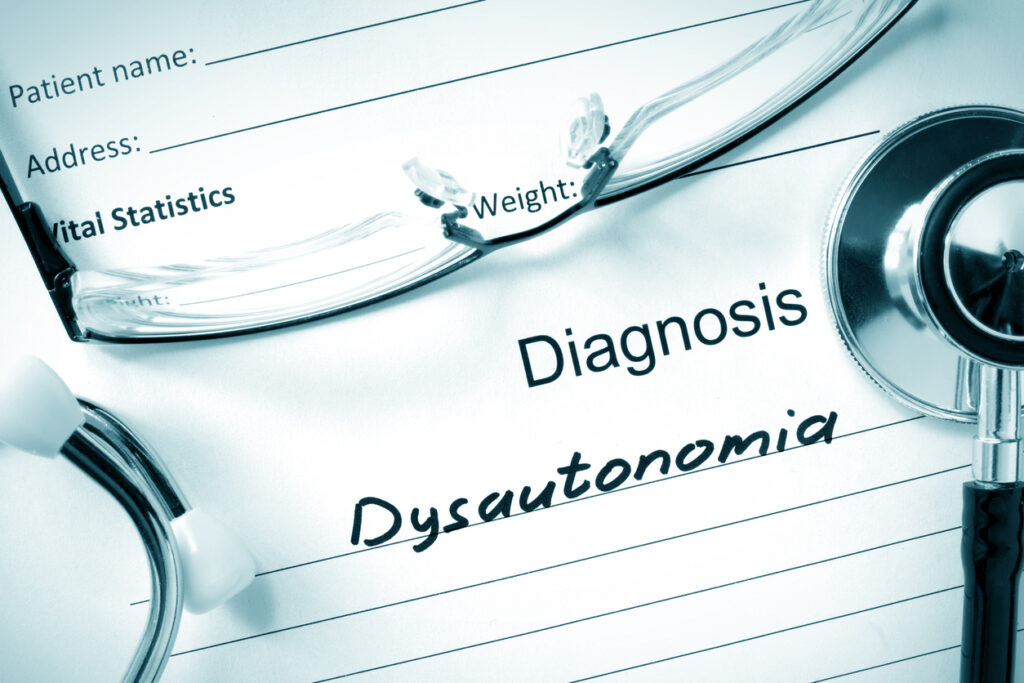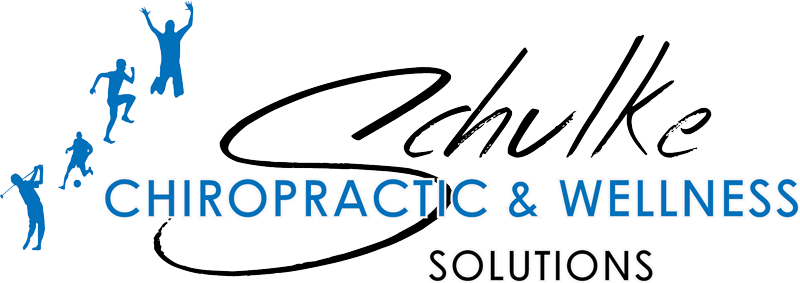Dysautonomia: The Hidden Driver of Chronic Health Issues

Dysautonomia may not be a household term, but its impact on health is far-reaching. This often-overlooked condition occurs when there’s an imbalance in the autonomic nervous system, which manages vital functions like heart rate, digestion, and circulation. For many, this imbalance manifests as chronic pain, dizziness, vertigo, immune dysfunction, and digestive issues. But what exactly causes dysautonomia, and how can it be treated? Let’s dive in.
The Role of the Nervous System in Dysautonomia
At the heart of dysautonomia is a miscommunication within the nervous system, particularly involving the brainstem. The autonomic nervous system has two key components:
- Sympathetic Nervous System: Activates the “fight or flight” stress response.
- Parasympathetic Nervous System: Supports “rest and digest” activities like relaxation and digestion.
When these systems are out of balance, the sympathetic system often becomes overactive, leaving the parasympathetic system under-functioning. This imbalance can lead to a cascade of health problems.
If you’re searching for treatments in Carmel, IN, for dysautonomia and related nervous system disorders, our clinic provides a comprehensive approach that targets the root cause.
The Brain-Gut Connection
One of the most significant effects of dysautonomia is its impact on the gut. Many people with digestive issues like bloating or constipation find that traditional gut health programs—probiotics, elimination diets, supplements—offer limited relief. Often, this is because the root cause lies in the vagus nerve, which plays a crucial role in the brain-gut connection.
When the vagus nerve isn’t functioning properly, the gut doesn’t receive the signals it needs for optimal digestion and immune function. Addressing this brain-gut connection can be transformative for patients seeking treatments at our Carmel, IN clinic.
Dysautonomia and Neurodegenerative Conditions
Emerging research highlights the connection between dysautonomia and neurodegenerative conditions like Parkinson’s disease. Interestingly, the first symptoms of Parkinson’s often appear in the gut—decades before motor symptoms like tremors develop. Chronic constipation or a unilateral stiff shoulder could be early indicators of a deeper neurological issue.
While not everyone with these symptoms will develop Parkinson’s, it underscores the importance of investigating dysautonomia. Early intervention through our treatments available in Carmel, IN and the surrounding areas can make a significant difference.
Early Detection Through Advanced Testing
One of the most powerful tools in addressing dysautonomia is early detection. At our Carmel, IN clinic, we perform functional neurology exams to pinpoint imbalances in the nervous system, especially in the brainstem. We also offer specialized immunology testing to detect predictive tissue-level antibodies.
These antibodies can appear 5 to 20 years before tissue damage occurs, offering a crucial window for early intervention. By identifying these markers, we can create a personalized plan to correct imbalances and prevent the progression of serious health conditions.
Why Addressing the Root Cause Matters
Dysautonomia is often misdiagnosed or overlooked because its symptoms mimic other conditions. However, by addressing the root cause—nervous system imbalances—patients can experience significant relief and long-term improvement.
If you’ve been struggling with chronic health issues and feel like you’re not getting answers, it may be time to explore whether dysautonomia is playing a role. Our treatments in Carmel, IN, focus on providing comprehensive care to address these hidden imbalances.
Take the First Step
Are you ready to uncover the hidden imbalances affecting your health? We’d love to have you in for a functional neurology exam and start your journey toward lasting wellness. Contact us today by calling 317.884.8824 or by visiting the link here.
